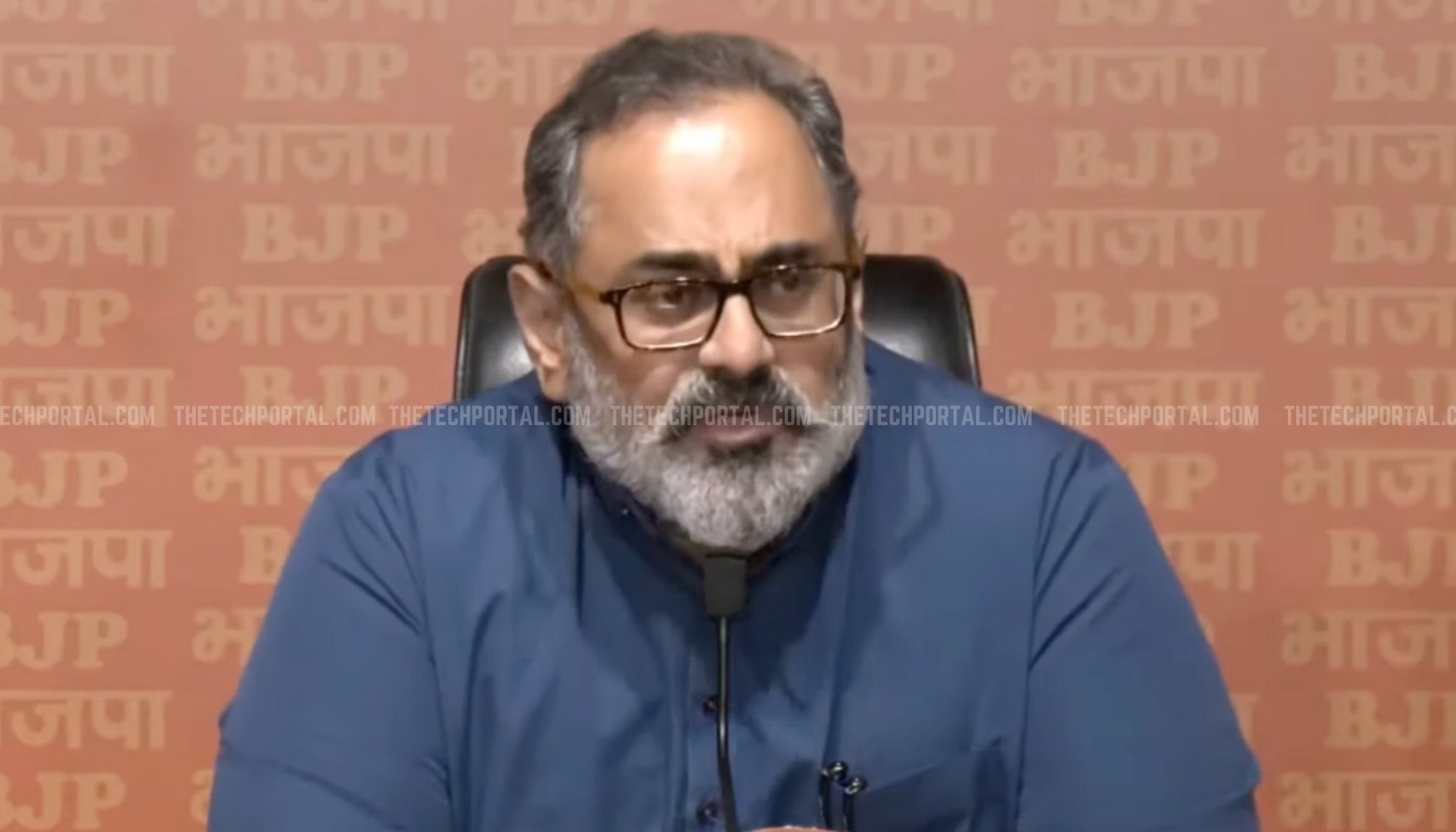
India will “regulate AI in same way as other emerging tech”, says Union IT minister Rajeev Chandrasekhar
In a press conference today that highlighted India’s progress in terms of digital tech adoption, largely in the past decade or so, Union minister for electronics and information technology, Rajeev Chandrasekhar also touched upon AI regulation. He said, that India will look to “regulate AI” in a manner, that is similar to how the country has gone about regulating other emerging technology areas.
Chandrasekhar further added, “either they [AI] will mitigate user harm or they will not be allowed to operate”. “Toxicity and criminality have significantly increased on the internet. We won’t let attempts to harm digital citizens succeed,” he said. India has a massive 850 million people using the internet, thanks to one of the most affordable internet data plans and a rather accelerated development of relevant telecom infrastructure.
These comments, coming in from India’s top most minister for tech, hold significance, considering OpenAI CEO Sam Altman’s India visit is also underway. Altman met Prime Minister Modi today, discussing on a wide range of tech topics, including, ofcourse, AI. Modi later tweeted about his meeting with Altman, saying “The potential of AI in enhancing India’s tech ecosystem is indeed vast and that too among the youth in particular. We welcome all collaborations that can accelerate our digital transformation for empowering our citizens.”
Thank you for the insightful conversation @sama. The potential of AI in enhancing India’s tech ecosystem is indeed vast and that too among the youth in particular. We welcome all collaborations that can accelerate our digital transformation for empowering our citizens. https://t.co/OGXNEJcA0i
— Narendra Modi (@narendramodi) June 9, 2023
Chandrasekhar stressed, that while regulation of AI would take place similar to any other tech, such as Web3, key focus will be to mitigate “user harm”. He took examples of India’s recently announced online gaming rules, wherein the focus was on protecting users from harms of gaming such as addiction, betting among others.
This is a developing story. Please refresh to see more on this.


